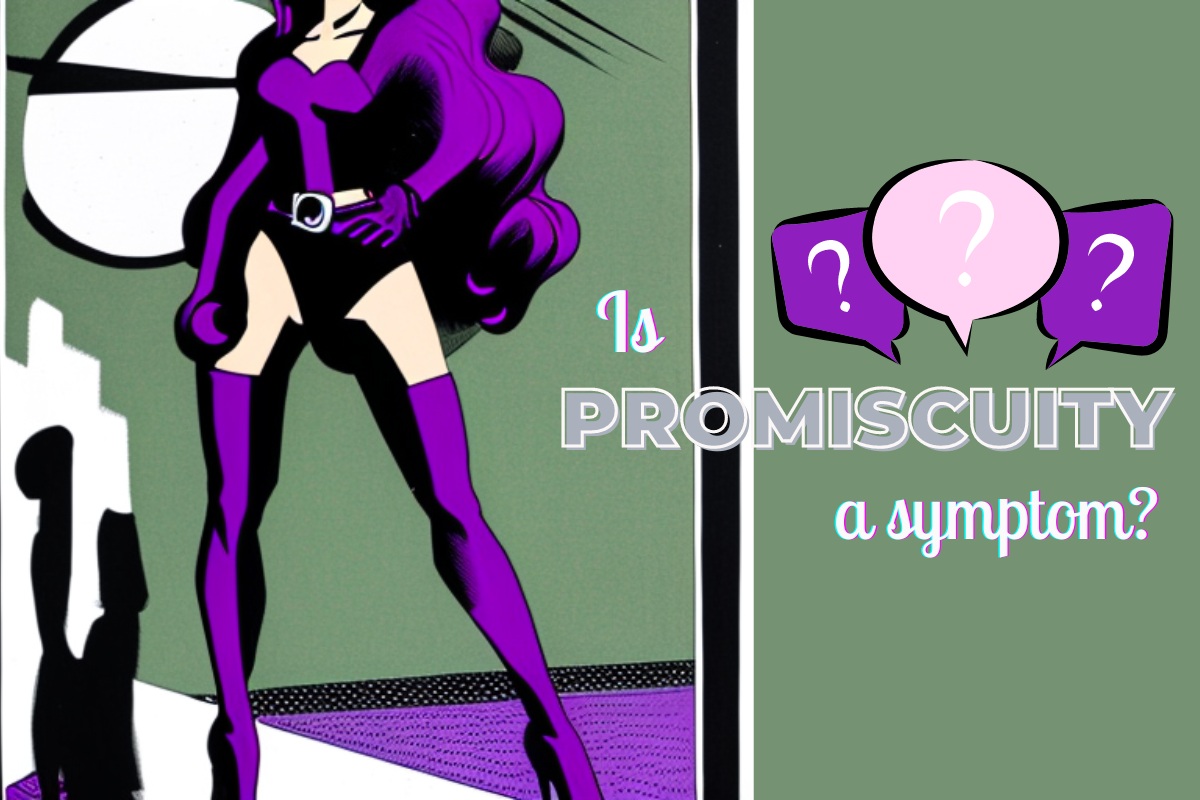Promiscuity as a Symptom: Unveiling Gender Bias in Mental Health
The pathologization of female sexuality reflects societal biases and oppressive norms, impacting women's mental health. Promiscuity unfairly linked to mental disorders reveals a double standard. Despite gender equality progress, this view persists, requiring us to challenge harmful stereotypes.

The historical mistreatment of women in the field of mental health is a stark reminder of how far we have come in advocating for gender equality. Once subjected to pseudo-doctors who dictated their "duties as a woman" or proposed extreme treatments like castration to cure hysteria (p.21), women endured moralizing nonsense from those who knew nothing about their experiences. That was called medicine. Echo of this barbarian approach, as ridiculous as it seems, is still very present in our culture. Yes, now you can be seen by a female professional, and views on sexuality are not that Victorian anymore, yet, in our culture, the main symptom of female madness is still promiscuity.
What is promiscuity, anyway?
Later in the movie, Susan has an argument with her doctor, asking, “How many guys do I have to sleep with to be considered promiscuous, text-book promiscuous? 10? 8? 5? And how many girls a guy my age would have to sleep with to be considered promiscuous? 10? 20? 109?” She speaks out the obvious truth that it is always somehow the image of a woman that gets associated with this ambivalent “promiscuous.” And how is it that in order to translate the vague madness into a concrete mental illness, such an arbitrary concept is chosen to act as a symptom? And it is not only in Girl, Interrupted. The recent Silver Linings Playbook and Wild main characters also manifest their madness through excessive sexual relationships.

How did we get here?
Female sexuality was so much of an issue it had to be pathologized. In Other Women, Anita Levy quotes Showalter, “Even when both men and women had similar symptoms of mental disorder, […] psychiatry differentiated between an English malady, associated with the intellectual and economic pressures on highly civilized men, and female malady, associated with the sexuality and essential nature of women” (p.104). Thus, we see how the concept of madness—which according to Levy had been feminized in the middle of the nineteenth century: “the madman had become the madwoman” (p.103)—is sprouting out of problematic female sexuality. It’s problematic because “civilized world” does not want it to exist. It should be suppressed and controlled; if it somehow still breaks free, it should necessarily be interpreted as a symptom. Because once an experience is translated into a symptom, a patient can be diagnosed and “helped.” As Denise Russel writes in Women, Madness and Medicine, “When female sexuality [gets] out of line, psychiatry [can] be brought in as a corrective force” (p.13).
The pathologization of female sexuality and the association of promiscuity with madness reveal the deeply entrenched societal biases and oppressive norms that continue to impact women. Throughout history, women have been subjected to moralizing judgments and attempts to control their sexuality, perpetuated under the guise of medicine and psychiatry. The arbitrary labeling of promiscuity as a symptom of madness reflects a troubling double standard, as men are often exempt from the same scrutiny. This distorted view of female sexuality persists, despite progress in gender equality and changing attitudes towards sexuality. To move forward, we must challenge and dismantle these harmful stereotypes, promoting a society that embraces sexual autonomy, equality, and respects the diverse experiences of individuals. Only by doing so can we create a truly inclusive and empowering environment for all.